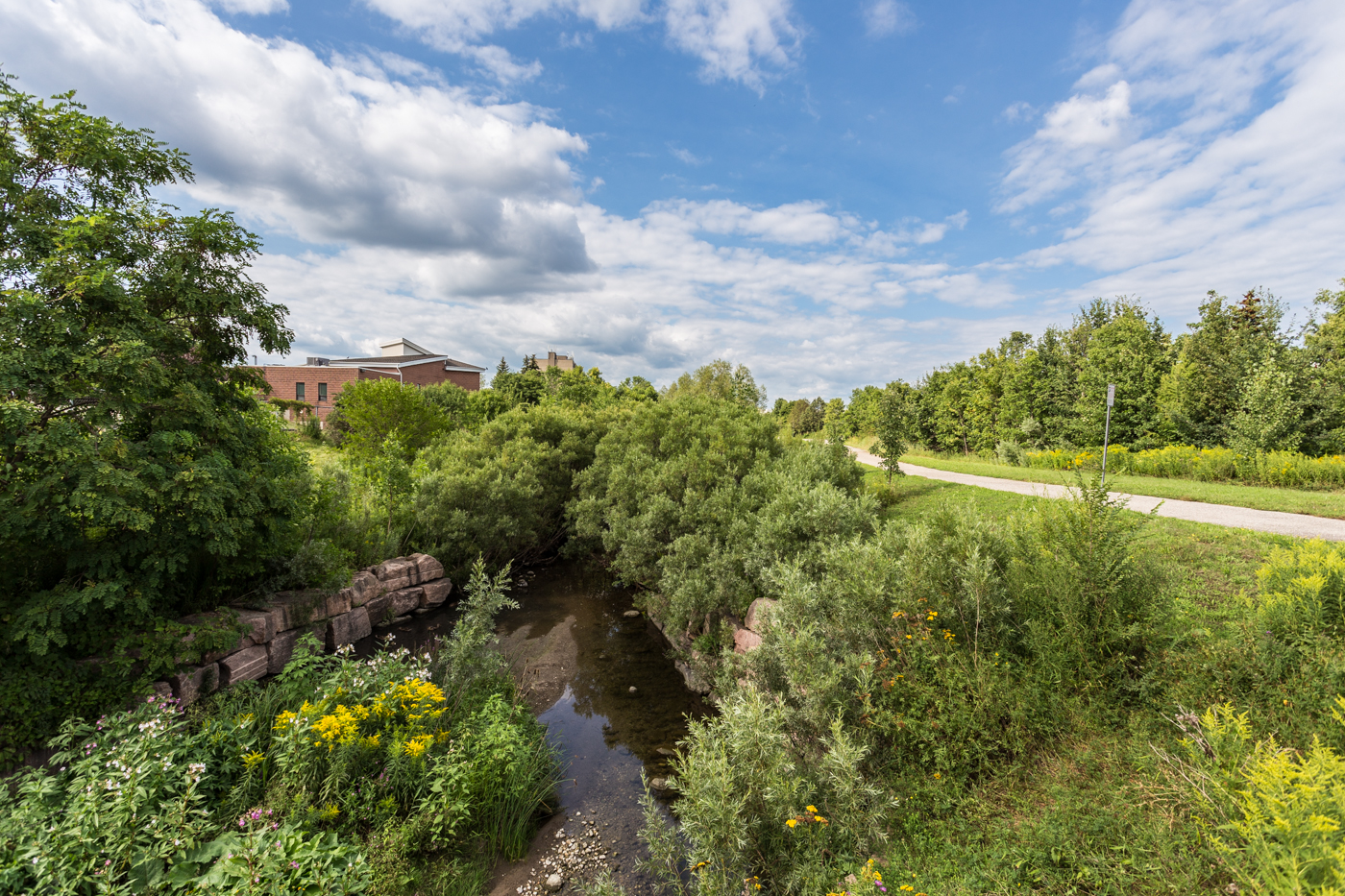“One of the things we worry about at Reception House is just: what happens in month 13?” says Christian Snyder, who works as a community educator at the local organization. Refugees lose their federal government or private sponsorship after one year, and as public and political interest shifts, it’s a task that many new-to-the-region families could find increasingly difficult to bear.
Since last fall, Canada has welcomed 28,640 refugees from Syria, about 1,275 of whom have settled in the region – mostly in Kitchener. The Canadian public has played a huge part in this, as almost 10,000 Syrians have been privately sponsored. Through these sponsorships, ordinary groups of Canadians commit to taking on the expenses, housing, and general well-being of a single family for a full year.
“The month 13 transition for refugees off of federal government/private sponsorship assistance is a challenge,” agrees Tara Bedard, manager of the Waterloo Region Immigration Partnership. “Many refugees will not have been successful in finding meaningful work yet and may transition to Ontario Works.” As we’ve reported elsewhere, Ontario Works rates remain below the poverty line for most recipients.
“The community response has been incredible,” says Kaylee Perez, a refugee sponsorship associate at the Mennonite Central Committee (MCC). As an officially recognized sponsorship agreement holder, the MCC works to connect refugee families with willing sponsors in Canada, and facilitate their entry and settlement into Canada. Remarking on the ground-swell of public empathy, Perez notes how the MCC had to expand in size, to go from working with an average of eight sponsorship groups in any given year, to well over 200 groups seeking families to host.
But while there was a tremendous interest and desire to help in the beginning, both Perez and her colleague Sara Brubacher stress that part of a strong community response is to maintain that level of commitment as media attention starts to fade.
A main issue now, explains Brubacher, is that it takes time for families to participate in this community, and to develop the skills necessary to meaningful participation in the workforce.
“They’re not going to go and work the next week [after their assistance ends]. They need to learn how the financial system works. They need to learn to navigate the bus system, to shop and live and learn English,” says Brubacher, who says the focus for families in their first year is to create a “sustainable standard of living.”
Many people I spoke with mentioned a tension between refugees’ desire to work and the importance of learning English, which doesn’t necessarily happen in every workplace.
Bedard says that, at month 13, “employers can play a huge roll… by being open to hiring refugees and possibly by supporting their integration at work, for example, offering English at work support for refugees who are still learning English.”
“After a year in this community, many will have navigated the service sector but social connections in the community will still be very much in development – residents can look for ways to connect and offer friendship – in schools, grocery stores, parks – wherever you connect with people in the community,” says Bedard.
Perez shares a similar point at the end of our conversation, as we discuss how people can help. On the one hand there are many organizations, like Reception House and MCC, doing good work supporting families, that need our help.
On the other hand, simply taking an active role in the community is a great and holistic way to help. Through volunteering at the food bank or an after-school program at the YMCA you will in some capacity be supporting these newer arrivals, and participating in a community that has been transformed since last fall.
“With so many newcomers, you’re going to run into them in the street, in the grocery stores,” says Perez. They are part of this community.




Leave a Reply